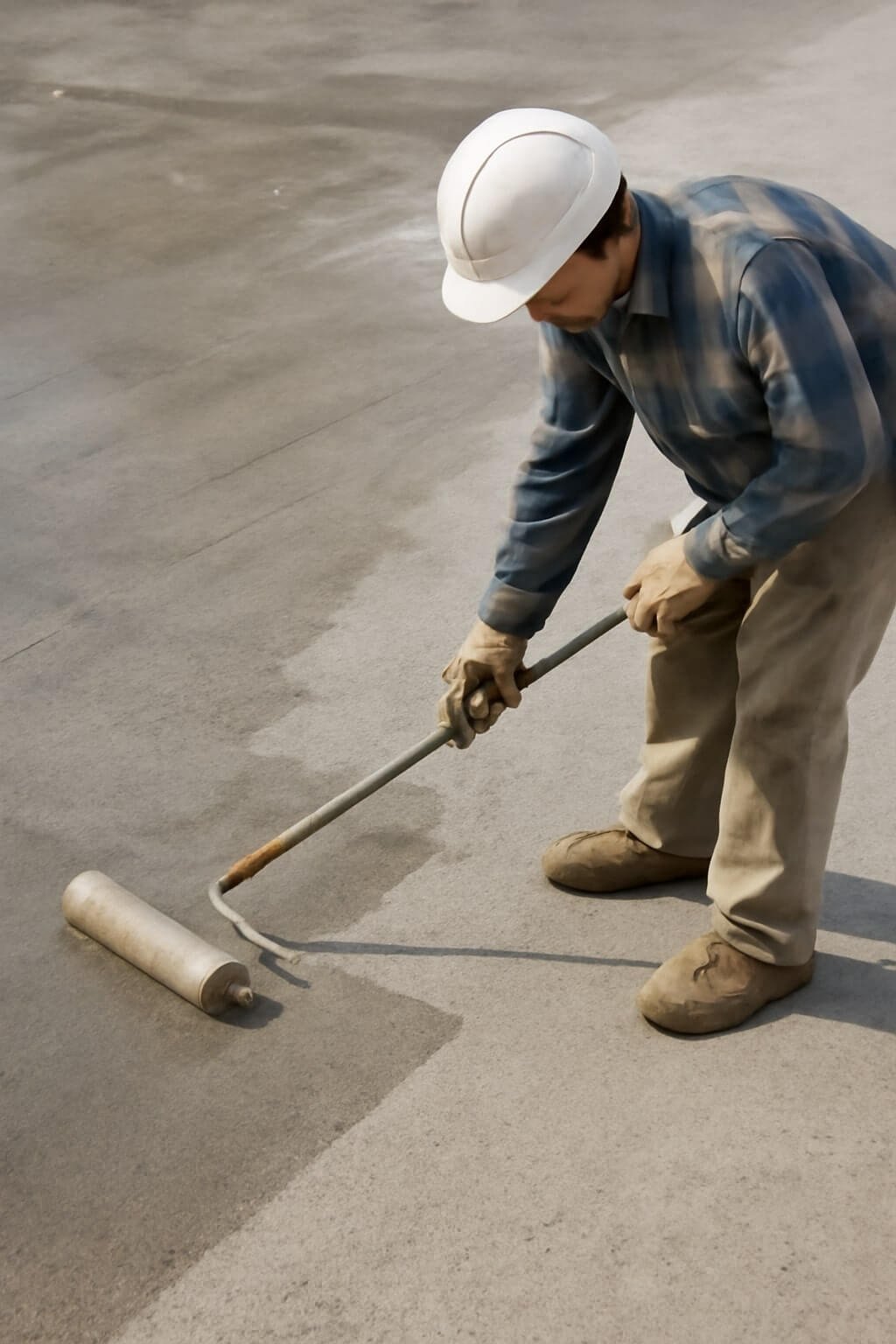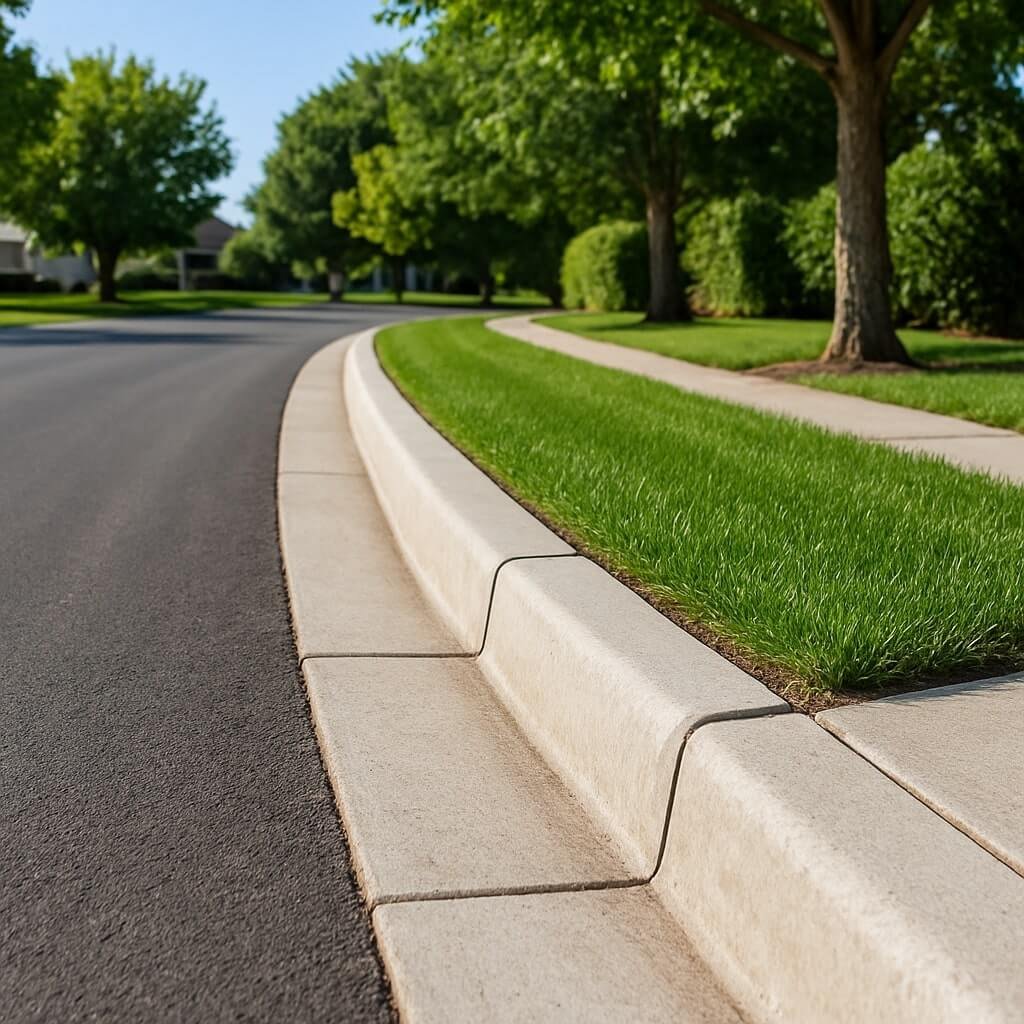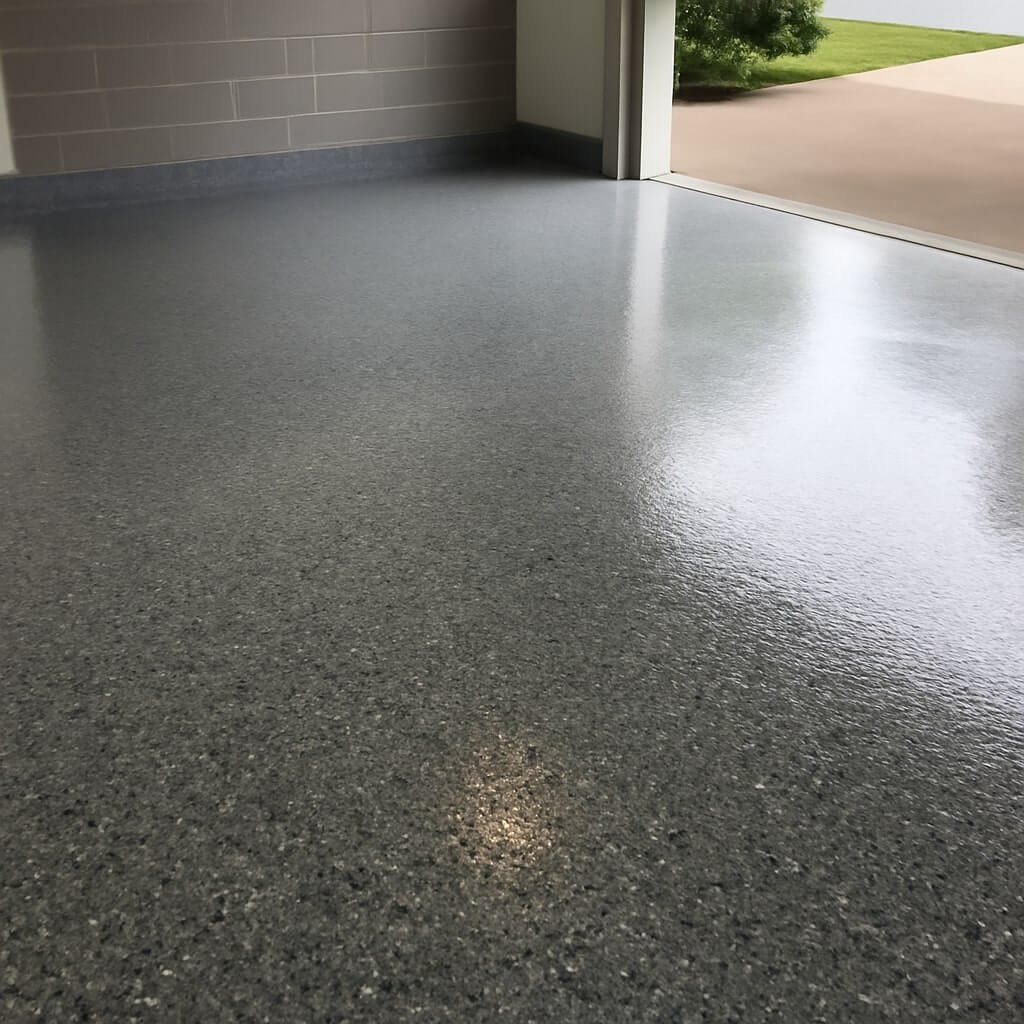Waterproof concrete sealants are an indispensable component for protecting concrete structures from the harsh effects of moisture and environmental stressors. Whether it’s a driveway, foundation, or commercial building, applying the right sealant can extend the lifespan of concrete while saving money on repairs. In this article, we will dive deep into the why behind waterproof concrete sealants and explore 12 compelling reasons why they are essential.
What Are Waterproof Concrete Sealants?
Waterproof concrete sealants are protective coatings applied to concrete surfaces to prevent water infiltration. They work by forming a barrier that stops moisture from penetrating concrete pores, cracks, and joints. This barrier shields the concrete from the damaging effects of water exposure, including freeze-thaw cycles, chemical corrosion, and microbial growth.
Concrete, by its nature, is porous and vulnerable to water damage. Sealants come in various formulations designed to suit different environmental and structural needs, making them a versatile choice for waterproofing projects.
How Do Waterproof Concrete Sealants Work?
Sealants work primarily through two mechanisms: creating a physical film or penetrating into the concrete’s pores to block moisture pathways. Film-forming sealants create a protective layer on the surface, which repels water, dirt, and contaminants. Penetrating sealants absorb into the concrete, chemically reacting to form a water-resistant barrier deep within.
Both types effectively reduce water absorption, prevent water-related damage, and maintain the concrete’s structural integrity. The choice between film-forming and penetrating sealants depends on factors such as surface condition, desired finish, and environmental exposure.
Types of Waterproof Concrete Sealants
Penetrating Sealants
Penetrating sealants soak into the concrete, filling the microscopic pores and chemically bonding to the substrate. These sealants maintain the concrete’s natural appearance and breathability while providing long-lasting protection. They’re ideal for surfaces requiring a natural finish or where breathability is important to prevent trapped moisture.
Film-Forming Sealants
Film-forming sealants create a thin, impermeable coating over the surface of the concrete. This layer blocks moisture and contaminants from penetrating while offering a glossy or matte finish. They’re suitable for decorative concrete or areas where a high level of protection and enhanced aesthetics are desired.
Top 12 Reasons Why Waterproof Concrete Sealants Are Essential
1. Prevent Structural Damage
Concrete that absorbs water is prone to cracking, spalling, and other forms of deterioration. Waterproof sealants form a barrier that prevents moisture from penetrating, thus protecting the structural integrity of the concrete.
2. Enhance Durability and Longevity
By reducing water infiltration, sealants help concrete withstand harsh weather and wear over time, significantly extending its usable life.
3. Resist Mold and Mildew Growth
Moist environments encourage mold and mildew growth, which can be hazardous to health and damage concrete surfaces. Sealants reduce moisture, thus preventing these issues.
4. Improve Aesthetic Appeal
Sealed concrete maintains its color, texture, and finish for longer periods, keeping surfaces looking new and well-maintained.
5. Reduce Maintenance Costs
With fewer cracks, stains, and surface damages, sealed concrete requires less frequent repairs and cleaning, saving money in the long run.
6. Protect Against Chemical Damage
Concrete in industrial or urban environments faces exposure to oils, salts, and chemicals. Sealants provide a protective shield against these harmful agents.
7. Prevent Freeze-Thaw Damage
In colder climates, water trapped inside concrete freezes and expands, causing cracking. Sealants prevent water absorption, protecting concrete from freeze-thaw cycles.
8. Increase Resistance to Abrasion
High-traffic areas are subject to wear and tear. Sealants increase surface hardness and resistance to abrasion, maintaining concrete integrity.
9. Environmentally Friendly Options
Many modern sealants are eco-friendly, low in volatile organic compounds (VOCs), and safe for both users and the environment.
10. Easy Application and Versatility
Sealants can be applied with brushes, rollers, or sprayers and work on various concrete types and surfaces, making them user-friendly and adaptable.
11. Cost-Effectiveness Over Time
Although sealants involve upfront costs, the protection they provide reduces the need for expensive repairs, delivering an excellent return on investment.
12. Enhance Safety by Reducing Slips
Certain sealants add slip resistance to concrete surfaces, enhancing safety in wet or high-traffic areas.
How to Choose the Right Waterproof Concrete Sealant
Choosing the right sealant depends on factors such as the type of concrete, environmental exposure, desired finish, and budget. Consulting with professionals or manufacturers can help you select the best product for your needs.
Step-by-Step Guide to Applying Waterproof Concrete Sealants
Applying sealants involves cleaning the surface, ensuring it’s dry, applying the sealant evenly, and allowing proper curing time. Following the manufacturer’s instructions is crucial to achieving optimal results.
Common Mistakes to Avoid When Using Concrete Sealants
Avoid applying sealants on wet or dirty surfaces, using the wrong type for your concrete, or skipping surface preparation. These mistakes can reduce effectiveness and lifespan.
Frequently Asked Questions (FAQs)
How often should I reapply waterproof concrete sealants?
Typically, every 3-5 years, depending on exposure and sealant type.
Can I apply sealants myself, or do I need a professional?
Many sealants are DIY-friendly, but professional application may be advisable for large or complex projects.
Are waterproof concrete sealants environmentally safe?
Many modern sealants are eco-friendly, but always check product specifications.
Will sealants change the appearance of my concrete?
Film-forming sealants may alter the finish, while penetrating types generally do not.
Can sealants prevent all types of concrete damage?
Sealants significantly reduce water-related damage but may not prevent all forms of structural issues.
Is it necessary to clean concrete before sealing?
Yes, proper cleaning ensures effective adhesion and performance of the sealant.
Conclusion
Waterproof concrete sealants play a vital role in protecting concrete from moisture and environmental damage. From enhancing durability and reducing maintenance costs to improving aesthetics and safety, the benefits are undeniable. Whether for residential, commercial, or industrial applications, investing in the right sealant is a smart way to safeguard your concrete assets for years to come.




